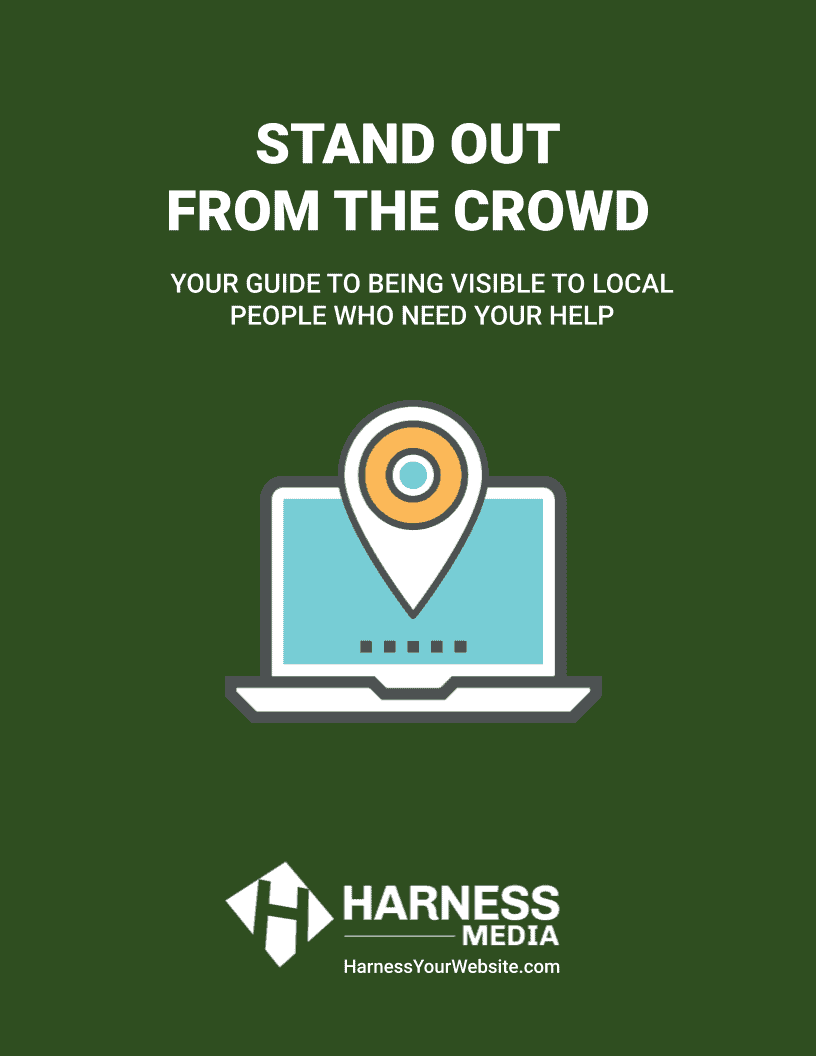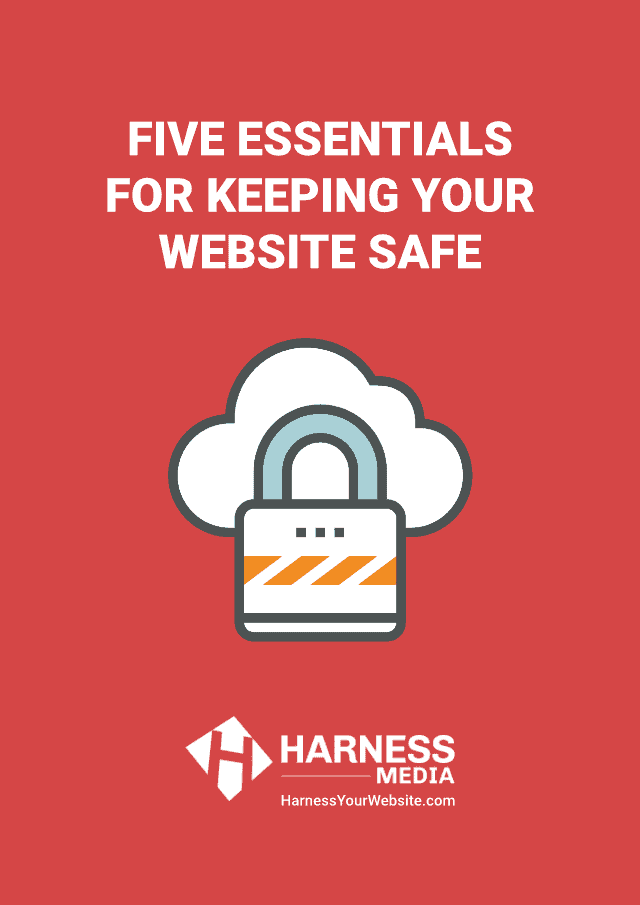When I am training clients on the basics of how to use and access their websites, I often use an analogy that I developed a few years ago. I’ve received a lot of positive feedback regarding this analogy, and I’ve improved it over the years to simplify it as much as possible. Most of my clients don’t want to know all the ins and outs of how the Internet works, but they do seem to appreciate how the puzzle pieces fit together.
Introduction
To explain how domain names, IP addresses, web hosting, email addresses, and websites fit together, I use an analogy based on your home, your street address, the neighborhood in which you live, the vehicles you and your friends drive, and even the U.S. Postal Service. You might already see where I’m going with this, but I’m going to dive in to provide you with specific details about how each point compares to another, and how they all work together. Here’s the relationships of each point that I’ll be discussing in this article:
- Domain name -> Your street address
- IP address -> Government tax IDs
- Web hosting -> Your parcel of land
- Website -> Your house
- Email -> Your mailing address
There are many ways we could start this conversation. I’m going to tailor this article to present it in the same order that most people would establish a website when building it themselves.
Domain Name

If you’ve attempted to build your own website before, you probably started by seeking a domain name. This is a common way to get started, and makes the most sense. You need to find a way to identify your business or organization on the Internet, so the first thing you do is register a domain name. The company with which you register your domain is known as a “domain registrar” – they simply offer a registration service to you, but you own the rights to the domain name.
A domain name could be compared to the street address of your home. When someone wants to visit you, it is your street address that helps them find you. It is the user-friendly version of your location, instead of giving them your parcels government tax ID or the lot and block numbers of your subdivision. This leads me to my next point…
IP Address

You’ll rarely ever have to deal with IP addresses as they relate to your website. However, it is what truly determines exactly where your website is located so visitors can find it. Basically, every location on the Internet is assigned an IP address. This is how the underlying technology (which we won’t discuss here) directs traffic to your website’s location.
In our analogy, an IP address would be the equivalent of the government tax ID assigned to your property. Every piece of property has an underlying form of identification other than the street address, which is used by government agencies to organize and record information about your property. If you own the property you live on, you may have seen a tax or mortgage bill that references your parcel ID number, or other form of identification. If you are a renter, then the overall property has a parcel ID number and your location is identified by an apartment number.
Web Hosting

A web hosting company provides space on a server where you can build your website. The web host also provides a means for Internet traffic to access your website, but they don’t necessarily build your website for you. The web host assigns you an IP address, and your domain name is then pointed at that IP address so visitors can find you.
The vast majority of websites are hosted in a “shared” environment. This means that there are many other websites sharing the same IP address. Each website is hosted in a separate folder under the IP address. When someone attempts to visit your website via the domain name, the web host automatically routes to appropriate website’s folder.
Web hosting is like the parcel of land upon which your house is built. If your website is on a shared hosting account, that would be similar to living in an apartment or condominium.
Website

A website is software that resides on a web hosting server. There are a few ways you could build a website: you could learn the software and build it yourself; you could use a website builder service (like Wix), or you could hire a professional to build a website for you based on your specifications.
Your house is the equivalent of your website in our analogy. There are a few ways you could build your house: you might go to Home Depot to buy the supplies you need and build your own house; you might buy a kit with everything you need to build a house (think dome house) and assemble it yourself; or you might hire a contractor to build a house for you based on your specifications.
Attempting to build your own website without any knowledge of web development would be like trying to build your own house without any knowledge of construction.

Email, a shortened term for electronic mail, allows you to receive digital messages. You can have multiple email addresses associated with your domain name, yet delivered to separate inboxes. You can have your emails delivered to your web hosting account and then retrieve them online via webmail, or you can use an email client like Outlook to pull them from the server and onto your local computer.
Having your snail mail delivered directly to the mailbox in front of your house would be similar to having email delivered to your web hosting account. When you check your email with Outlook, it would be like walking out to the mailbox.
If you use an external email service like Gmail or Office 365, that would be like having a post office box at your local post office or UPS Store. In this case, you are using an external service to retrieve your mail instead of using a local mailbox – you have to go outside of your web hosting server to get your messages.
Putting it all together
It is possible for you to put all these pieces together yourself. But it could take a lot of your time to learn how to assemble the puzzle — time that could have been spent building or improving your business. Harness Media can bring it all together for you with our WordPress website development services and a recurring Website Care Plan.




